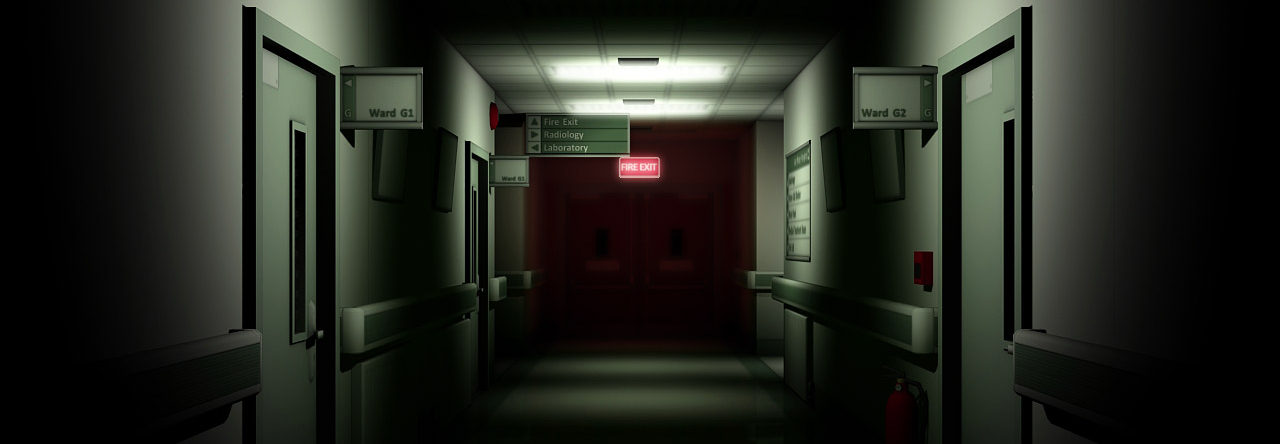
You ain’t 21 again, and even then rushing this was very ill-advised.
Recently had a patient present with a “dehiscence of a right total knee surgical site” In other words, his surgical incision opened up completely as well as some of the under sewing. Took a few minutes and a really big sassy nurse talking to him, to get out the fact that he had been overdoing it and trying to move faster than PT and his surgeon wanted him to.
I am not surprising with this patient’s age or population group (a fancy way of saying demographic in hospital speak). I’m in that group too and you will never meet a more obstinate group than all of us.
First off, our biggest mistake is we all think we are still 18. For a good many of us, we joined the military then and spent anywhere from 4-30 years, mostly thinking we are and essentially forced to be a lifelong teenager. Face it, no matter which branch it is tough on your body. When you hit your 50s, you are no spring chicken anymore. I have a lot of people in my life that are more than happy to tell me how fucking old I am. Just because I can remember the great flood (spending that time as a bat trying to fly through that was a pain in the ass) doesn’t make me an old geezer yet.
So back to the patient. Who while mortified by the condition and who could no longer ambulate, was still trying to tell the resident that everything was moving too slow. Really, dude? You want slow; lets talk about…
About that time, the attending/surgeon came in (still in the building, I guess). So quick explanation here. A resident is someone who has graduated from medical school and is obtaining experience in a specialty or rounded expertise if they are only going to do general practice. They are a doctor, only with training wheels. The attending physician is the dude that manages all the residents and signs off on their treatment plan. If you are not in a teaching hospital, you will very often not see residents. Fellows are docs that have completed residency and are working in a specific field with an attending to tighten their specialty. These can be prime gigs and vast experience, but I digest.
To say the surgeon was pissed was an understatement. Since I used to work in a post-op unit, I know all of them. “The Colonel,” as he is called, stated in a booming voice finishing the resident’s statement … this will slow things down.
Still, on a roll, he said, “you are now going to take about three times as long to recover as I originally projected, and we are going to have to watch your progress closely for signs of infection.” “Is there any good reason you did this, other than being in a hurry?”
The patient, a lot like me this summer, sheepishly complained that he was “tired of being laid up.” And he figured he could do it since he started to feel better. Ya know, no pain, no gain. The surgeon signed the admission orders and gave the staff dressing instructions and sent the guy to the OR.
So what happened? I don’t know for sure, but this is what probably happened and could happen.
First, he needs to go back to be resewn (if the wound is not compromised), although most likely because healing was interrupted, the wound will have to be closed using the secondary method, which is a dressing and letting it close through healing, not through being closed (with stitches). This isn’t ideal, but it is the usual way. This opens the site to the chance of infection and a more extended healing period because of the constraints placed on you by healing the wound.
If you are lucky about six more weeks, although your chance of infection is enormous. Which means IV antibiotics. If the infection gets too bad, they may have to remove the joint and put an anti-biotic “spacer” in. Which means no movement for about two months, and then they do the replacement.
Granted, you want to keep moving but listen to the instructions. They want you healed too and healed well. If he is lucky, they may just be able to debride, suture and move on. Let’s hope for him; they can reclose it and monitor and tell him to “calm down there stud.”
The surgeon has seen a thousand of these at least and is very knowledgeable. You have seen yours. Give us a break; we want you to move and be healthy ASAP as well. Managing post-op “complications” is not a favorite of surgeons or residents.
Be well, be the kind of person that your dog and your mom hope you are.

